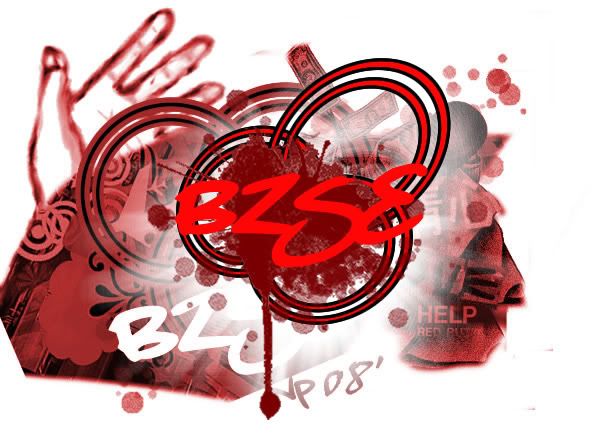Friday, May 21, 2010
Kay Yong's Collaborative Approaches: Roll Back Malaria
The collaboration that I am going to talk about is the Roll Back Malaria (RBM) programme. The RBM was launched in the 1998 by the World Bank, World Health Organization, UNICEF and United Nation Development Programme. The RBM operates in many countries across the Africa, Asia Pacific the Americas, Middle Easy and Eurasia.
What the RBM does is to lead advocacy campaigns to raise awareness of malaria. RBM also help to provide co-ordination in global response to the disease. Through co-ordination, it can help to avoid duplication and fragmentation of programmes to relief malaria and thus obtain the optimum use of resources. The RBM was initiated by some of the biggest international-nongovernmental organization, thus they have more influence in persuading people to follow them.
One good part about the RBM that I personally like is that they would divide up their work into working groups and one of these groups is called the harmonization working group (HWG). This group is dedicated to facilities and harmonizes partners’ support in response countries indentified with needs and supports the establishments of the “three ones” principle for malaria at a country level.
As for the financial part, RBM itself has the Resource and resource working group who will help to raise funds. This group also helps to provide guidance to other partnering organization on how they to fully utilize their funds. Although funding might not be very sustainable in the long run, however, with a group dedicated with looking out for sources of funding, it can be predicted that this organization will be able to exist for some time.
By eradicating malaria, it helps to meet several MDGS too. Apart from meeting the MDG 6, to combat HIV/AIDS, malaria and other diseases, it also meets with the other MDGS such as reducing child mortality. As from the data from RBM, it says that malaria accounts for 85% of deaths in child under 5. It also helps with MDG 5 which is to improve maternal health. It is also aligned with MDG 8 which is to improve global partnerships for development.
One recommendation that I would suggest is to find other ways to meet their financial needs in order to meet their goals. Their annual funding that they receive as of year 2007 is around 1billion and meant that they are having a funning gap of 4billion every year compared to the amount they calculated which is needed to combat malaria. Like our course suggest, one way is to set up a social enterprise or something similar with a sustainable source of income and to increase the funding that they can receive too.
http://www.rollbackmalaria.org/index.html
We Loved10:04 AM





 April 2008 past
April 2008 past